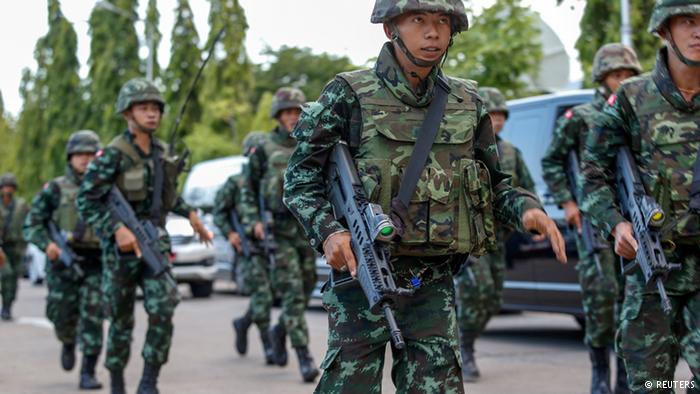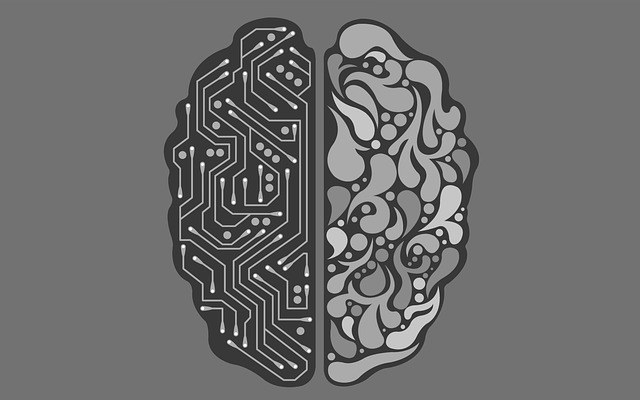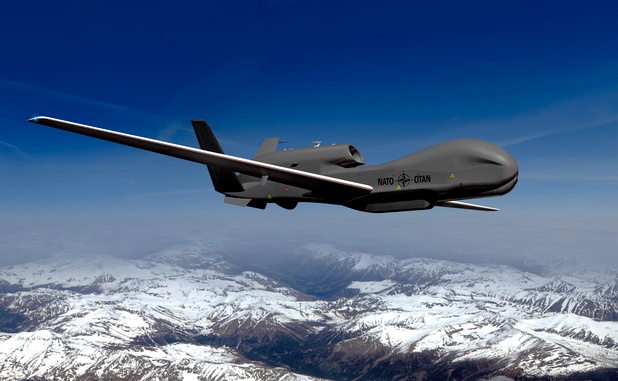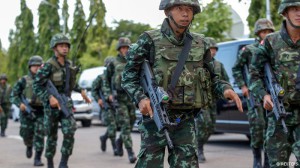
On 22 May, after two days of martial law, months of political paralysis and over a decade of turmoil, General Prayuth Chan-Ocha, the Thai Royal Army chief of staff, announced the suspension of the Thai constitution and the country’s twelfth successful coup d’etat since 1932. As leader of the National Council for Peace and Order, he heads a military junta that has banned public protest, arrested thousands of activists and politicians, and seized control of the normally rambunctious Thai media. Meanwhile, last year, the Egyptian military deposed President Mohamed Morsi after a wave of public protests calling for his resignation. Since then, the Egyptian military has crushed the Muslim Brotherhood and liberal opposition. Last week, the government engineered the near-unopposed election of former Defence Minister General Abdul-Fatah al-Sisi as the new president and strongman of Egypt. In both cases, the American response has been tepid, with interruptions in military aid and cooperation, but no further serious sanctions.
Military coups are often a part of the political fabric of nations with developing political institutions. In a modern state, the military is often the only group with significant coercive power. Thus, when institutions are weak and civilian control of the military is not consolidated, the military is a politically influential actor, and sometimes exercises this power by seizing control of the government. Military rule tends to empower the class from which the army’s officer corps is drawn, whether they are the traditional elite, the middle class or an ethno-sectarian minority, such as the Alawis in Syria.
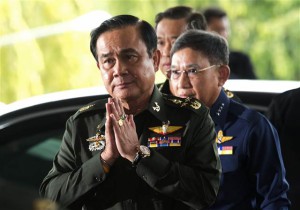
Military coups have been common since the turn of the century, generally occurring in places without strong democratic norms. The Cold War period saw an especially high number of coups, as decolonization created many new countries and superpower competition led to political intrigue and proxy wars with the Global South – Latin America, Africa, the Middle East and Asia – as the battleground. Following the end of the Cold War though, the number of coups has rapidly declined. According to a 2013 study conducted at Yale University, the number of successful coups has not only dropped sharply, but even successful coups tend to be followed by the restoration or implementation of democratic reforms. However, the coups in Thailand and Egypt seem to be more permanent. The Thai military junta has declared that it will hold power for at least another year while it implements unspecified ‘reforms,’ while the Egyptian military, with Sisi as president and the opposition on the run, seems prepared to stay in power indefinitely.
One explanation is that the military in both countries is unusually entrenched, making them outliers. The military elite has governed Egypt since the Free Officers’ Revolution of 1952, with officers and their kin embedded deep in Egypt’s security establishment, civil service and both private and state-owned firms. The Egyptian military controls between 15 and 40 percent of the economy. In Thailand, the military is closely tied to the monarchy and the Bangkok commercial establishment. The Thai military has repeatedly intervened in politics, fighting against the rural-based populist movement led by exiled tycoon Thaksin Shinawatra. However, this alone does not explain the military’s eagerness to remain in power. Civilians govern in other states with extensive histories of military rule, such as Turkey, Pakistan, El Salvador and Guatemala. Even in Thailand, only eight years ago the army was forced to hand power to a civilian government and hold elections after their putsch in 2006. In Egypt, the Supreme Council of the Armed Forces (SCAF), which took power after the fall of Hosni Mubarak in 2011, was forced to relinquish most of their power and hold presidential elections, later won by Mohamed Morsi over the military’s preferred candidate, former air force commander Ahmed Shafiq.
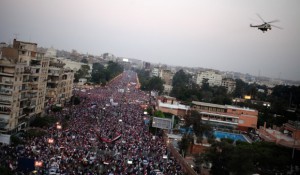
Instead, the rising power and political importance of the ‘street,’ the masses of citizens who vocally advocate for their political positions and want a real say in how the country is governed, have sparked these assertions of elite power. In much of the Middle East, this was the wave of newly politicized young people who, in changing the Middle East forever, toppled governments in Tunisia, Libya, Egypt, and Yemen. In Thailand, the ‘street’ itself is heavily divided between royalist conservative ‘yellowshirts’ and populist ‘redshirts,’ but both groups are united in their use of popular protest and grassroots mass politics as a means of political action. Many of these protestors are not even particularly in favour of liberal democratic governance. The yellowshirts, who caused the recent Thai political crisis through their occupation of Bangkok and their aggressive boycott of the February elections, demanded the suspension of elections in favour of elite-driven reform. While in power in Egypt, Morsi concentrated power in the president’s office and alienated potential liberal and leftist allies. However, these movements also used popular, bottom-up methods to seize political power and achieve their aims.
Additionally, the simultaneous reduction in the power of international norms in favour of democratic rule has increased the power of regimes to launch coups. Immediately following the Cold War, the United States was the sole remaining world superpower. Moreover, the victory of the democratic capitalist West over the Soviet bloc made their values seemingly supreme: as Francis Fukayama famously called it, the ‘end of history’. However, with the United States and Europe facing economic stagnation at home and military exhaustion abroad the ability of the West to impose democratic values has declined. This is especially true in Egypt, where a reduction in American military aid, long seen as vital for Egyptian security, was easily replaced by Saudi oil dollars. Thailand, while traditionally tied to the United States, could easily chart a more independent course through strengthening relations with China.
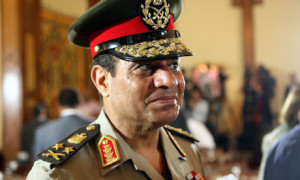
These three factors strongly influenced the decision by the military to launch their interventions in politics. For elites used to near-absolute power over a country’s political direction, an uncontrollable street, regardless of its political affiliation, is dangerous. Both militaries, in 2006 in Thailand and 2011 in Egypt, attempted to ‘ride the tiger’ of popular unrest to legitimize their rule. However, the street was independent-minded and capricious, turning on both regimes not long after they took power. Thus, the elites, sensing opportunities to restore their authority and guide the country on its ‘rightful’ path, have seized them. With military governance, popular rule can be replaced with central directives, diversity of opinion with national unity, and the chaotic grassroots with military orders. This may or may not signal a trend in international politics, but the pharaohs in uniform are surely not dead.

